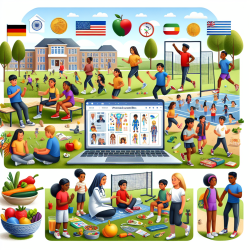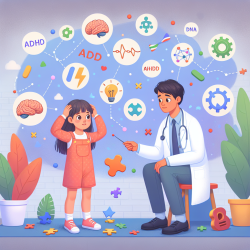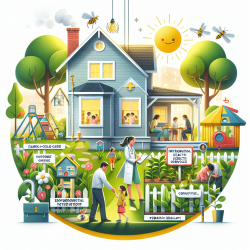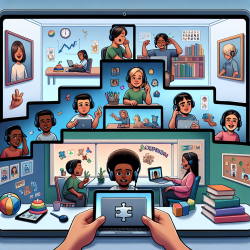Introduction
In today's rapidly aging society, social isolation and loneliness among older adults have emerged as pressing public health concerns. The recent scoping review titled "Needs of social isolation, loneliness, and intergenerational interventions in the United States" sheds light on the effectiveness of intergenerational programs in addressing these issues. This blog aims to guide practitioners in implementing these findings to enhance their skills and improve outcomes for older adults.
The Power of Intergenerational Programs
Intergenerational programs, which pair university students with older adults, have shown promising results in reducing loneliness and fostering social connections. These programs not only benefit older adults but also provide valuable learning experiences for students in healthcare-related fields. The review highlights the following key outcomes:
- Significant reductions in loneliness among older adults.
- Enhanced social networks and connectivity.
- Improved mental and physical health outcomes.
Despite these positive outcomes, the review identifies gaps in the current research, particularly in structured intervention curricula and demographic reporting. This calls for more rigorous and standardized methodologies to fully understand the potential of intergenerational programs.
Implementing Intergenerational Programs
For practitioners looking to implement intergenerational programs, the following steps are recommended:
- Develop a Structured Curriculum: Create a detailed curriculum that outlines the objectives, activities, and expected outcomes of the program. This will ensure consistency and replicability across different settings.
- Focus on One-on-One Interactions: Programs that facilitate one-on-one interactions between students and older adults have shown the most promise in reducing loneliness.
- Incorporate Feedback Mechanisms: Regularly collect feedback from participants to refine and improve the program. This will help tailor the program to meet the specific needs of the participants.
- Engage Diverse Demographics: Ensure that the program is inclusive and reaches a diverse group of older adults. This will provide a more comprehensive understanding of the program's impact.
Encouraging Further Research
The review underscores the need for further research to address the gaps identified. Practitioners are encouraged to contribute to this growing field by conducting studies that explore:
- The long-term impacts of intergenerational programs on both older adults and students.
- The effectiveness of different program models and delivery methods.
- The role of technology in facilitating intergenerational interactions.
By engaging in research, practitioners can help build a robust evidence base that informs the development of effective interventions for social isolation and loneliness.
Conclusion
Intergenerational programs hold great potential in addressing social isolation and loneliness among older adults while enriching the educational experiences of healthcare students. By implementing the insights from the recent scoping review, practitioners can enhance their skills and contribute to the well-being of older adults. For those interested in delving deeper into the research, the original paper can be accessed here.










